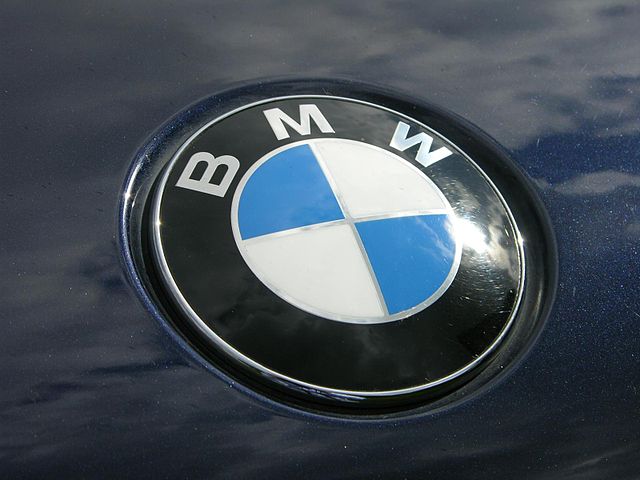Cars and Drivers
Volkswagen Diesel Woes Cast Doubts on Other Makers' Claims
Published:
Last Updated:

A case in point has already hit VW’s fellow Germany-based automaker BMW. A report Thursday morning at Presseportal claims that BMW’s X3 compact crossover SUV spits out 11 times the amount of nitrogen oxide permitted the Euro 6 standards that went into effect this month. (The report is in German.)
The International Council on Clean Transportation (ICCT), an independent, non-profit environmental research organization in Europe, tested the diesel version of the BMW X3, the BMW X3 xDrive 20d, and found that nitrogen oxide emissions were worse than emissions from the embattled VW Passat, according to Presseportal.
The ICCT released a white paper earlier this month on nitrogen oxide control technologies used in European diesel passenger cars. This is a big deal because more than half of new car registrations in the European Union last year (53%) were related to diesel cars. In the United States, less than 1% of new vehicle sales are attributable to diesel-powered cars and light trucks.
Volkswagen Group’s VW and Audi divisions account for 28% of all diesel vehicle registrations in the EU in 2014, with BMW accounting for 22% and Mercedes-Benz accounting for 21%. In the United States, VW and Audi accounted for 67% of all diesel sales last year, with BMW taking 15% and Mercedes-Benz 10%.
Bloomberg reported Thursday that BMW has denied including a software switch in its cars, similar to the program that VW used to detect whether its vehicles were being tested in a lab or driven on a real-world road. An analyst in Frankfurt told Bloomberg that there is nothing to suggest that BMW did anything wrong, but there is new concern about the damage that could be done to sales of all diesel cars from any automaker.
ALSO READ: Analyst Targets 3 Volkswagen Suppliers to Buy Now
Thank you for reading! Have some feedback for us?
Contact the 24/7 Wall St. editorial team.